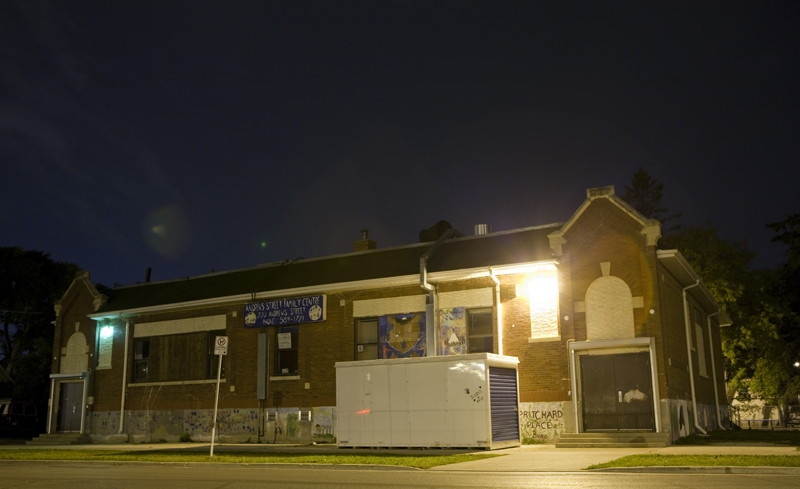Putting ‘clout’ into the fight against poverty
Inner-city organizations stronger together
Nine inner-city organizations are collaborating to strengthen the community and each other. Together, they are CLOUT – Community Led Organizations United Together.
Featured in the Canadian Centre for Policy Alternatives’ State of the Inner City Report for 2010, as well as the short video “Together We Have CLOUT,” the associates of CLOUT have established themselves as a go-to group for knowledge on how best to serve the impoverished people of the inner city.
“They come up with the ideas, they tell us whether they like the methodology we’re doing,” said Shauna MacKinnon, director of the CCPA. “They reinforce ... the importance of community-driven research.”
The organizations that make up CLOUT include Ma Mawi Wi Chi Itata Centre (Ma Mawi), Andrews Street Family Centre, Community Education Development Association, Ndinawe, Rossbrook House, Native Women’s Transition Centre, North End Women’s Centre, Wahbung Abinoonjiiag and Wolseley Family Place.
According to the CCPA report, these organizations are committed to providing social justice through traditional aboriginal social practices. Theirs is a relationship-based model: they listen to the community, they hire from the community and they take cues from each other to fill gaps in the community support they offer.
Kathy Mallett, co-director of CEDA, says it has been much easier for her organization to achieve goals with the support of CLOUT behind them. They submit proposals together, and they cooperate on funding matters.
Dilly Knol, executive director of Andrews Street Family Centre, says the CCPA video on CLOUT has caught the attention of other non-profit organizations that are interested in having coalitions of their own. CLOUT has also been asked to present their unique model to several ministers.
Knol says it is important that the government asks CLOUT organizations for feedback.
“We work directly with the community, we have our ears to the community and they have their voices through us,” Knol said.
Knol and Sister Maria Vigna, co-executive director of Rossbrook House, say that one of the greatest needs of the CLOUT coalition is to get funding for a co-ordinator to facilitate them. According to Vigna, workers at Ma Mawi do most of the management of CLOUT, which can be demanding for the non-profit organization.
Knol notes that it can take weeks to arrange a meeting between CLOUT members.
Although CLOUT’s search for a funded co-ordinator position is still in the works, several organizations participating in CLOUT have been getting more of the funding they deserve.
Premier Greg Selinger announced in a press release in April that Ma Mawi, CEDA, Ndinawe and North End Women’s centre were among the organizations granted funding through a new, multi-year funding strategy aimed at improving the stability of the organizations.
This new funding plan will improve the efficiency of CEDA, Mallett says, as it will cut down on the time spent chasing down funding for upcoming years.
Published in Volume 66, Number 4 of The Uniter (September 22, 2011)







